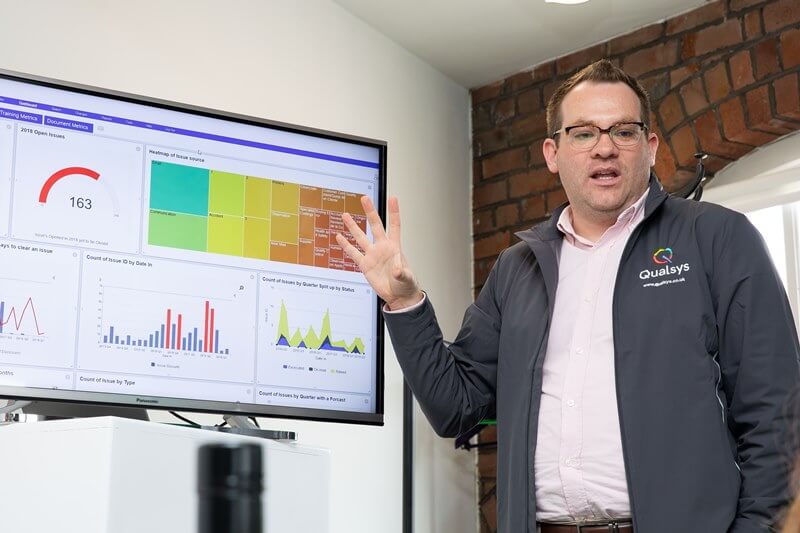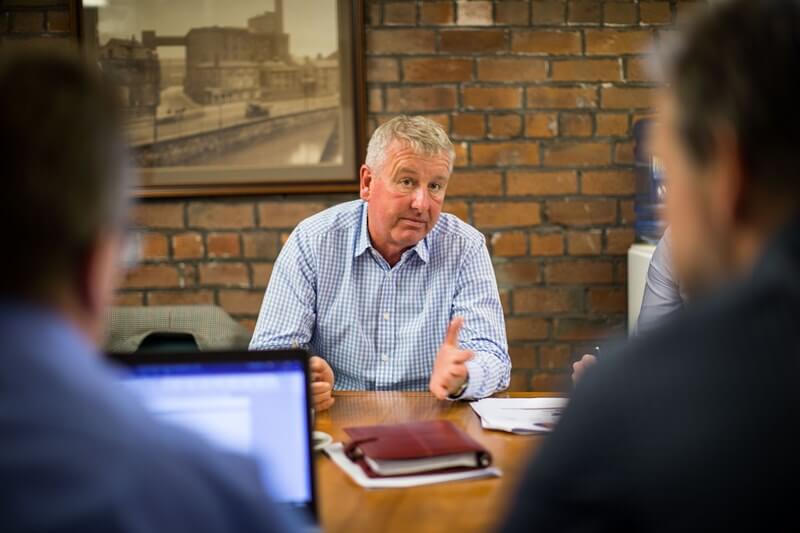Want to contribute to this article?
Since the horsemeat scandal in 2013, where traces of horsemeat were found in products sold in a number of UK supermarkets, there has been a rise in the number of products recalled by 26%.
Gavin Reese, a partner with RPC, a London Law Firm, said "The horsemeat scandal set off reverberations across the food industry, and now a couple of years of tighter measures and an increased scrutiny have clearly made a big difference."
But are all organisations taking the necessary steps to check supplier quality?
For this week's Friday Feature, we asked Richard Green, Managing Director of Kingsford Consulting Services Ltd if he believes organisations are putting in place the necessary controls to manage supplier quality. In the video, Richard Green also offers advice for organisations to manage suppliers.
-
Speed1x
-
Quality540p

Thanks for reporting a problem. We'll attach technical data about this session to help us figure out the issue. Which of these best describes the problem?
Any other details or context?
Video Transcription:
Following various scandals in recent years regarding traceability issues, have you noticed a change in attitudes or greater vigilance in managing supply chains?
"I would love to say yes, but I believe there has only been marginal improvements in supply chains.
I think the issue is that many organisations still expect their suppliers to effectively check everything. Companies think that if they have a contract, they do not need to check what is coming into the business. But even if you have a contract to work with another organisation, it still means that you need to be checking what comes in.
There have been some significant changes around managing external providers in the new version of the standard so that is going to make audits more interesting.
There are a lot more checks and balances in respect to what you need to be doing as an organisation going forward to verify that the suppliers and their suppliers are doing what they are supposed to be doing."
There is always a lot of effort put into onboarding suppliers, do you think there should be as much effort put into ongoing supplier management?
"Absoloutely, especially if you are dealing with many suppliers.
Some multi-national organisations deal with thousands of suppliers and certainly for organisations procuring products from certain areas of the world that are perhaps not adhering to the Standards that you would really wish them to be adhering to. Certain parts of the world are still quite notorious in terms of quality and supply.
And it is really difficult when you are dealing with so many organisations to get all of the checks you need completed.
I recommend that organisations:
- rationalise down the number of suppliers you have, but do not just go with one as you will need some sort of contingency plan,
- foster a partnership arrangement with your chosen suppliers - they are not just supplying you with products and you have a real relationship with them
- involve the supplier in setting the quality gates in their own business so then they know where their products are likely to fail."
What do you think? Do you believe organisations are more vigiliant with suppliers? Leave a comment below!
For more webinars, news and information about ISO standards and optimising processes, please download the ISO 9001 Toolkit.










Share your thoughts on this article